Meet Emily, a dancer/performer based in Cyprus.
Hey Emily, how did you become a dancer? Tell us about your journey.
I was moving and playing around with music for as long as I can remember (I don’t know whether one could call it dancing, but it was the beginning of that journey). It slowly developed into a need, rather than just play. A natural way of self expression and communication.
Also, I enjoyed entertaining people; as a shy child, I would never actually speak to our guests at home, I just performed for them. My mother had noticed and took me to my first ballet class, which I hated, because at the time I didn’t feel like a fairy princess wearing a pink leotard. So I switched to street styled and I have been exploring that ever since.
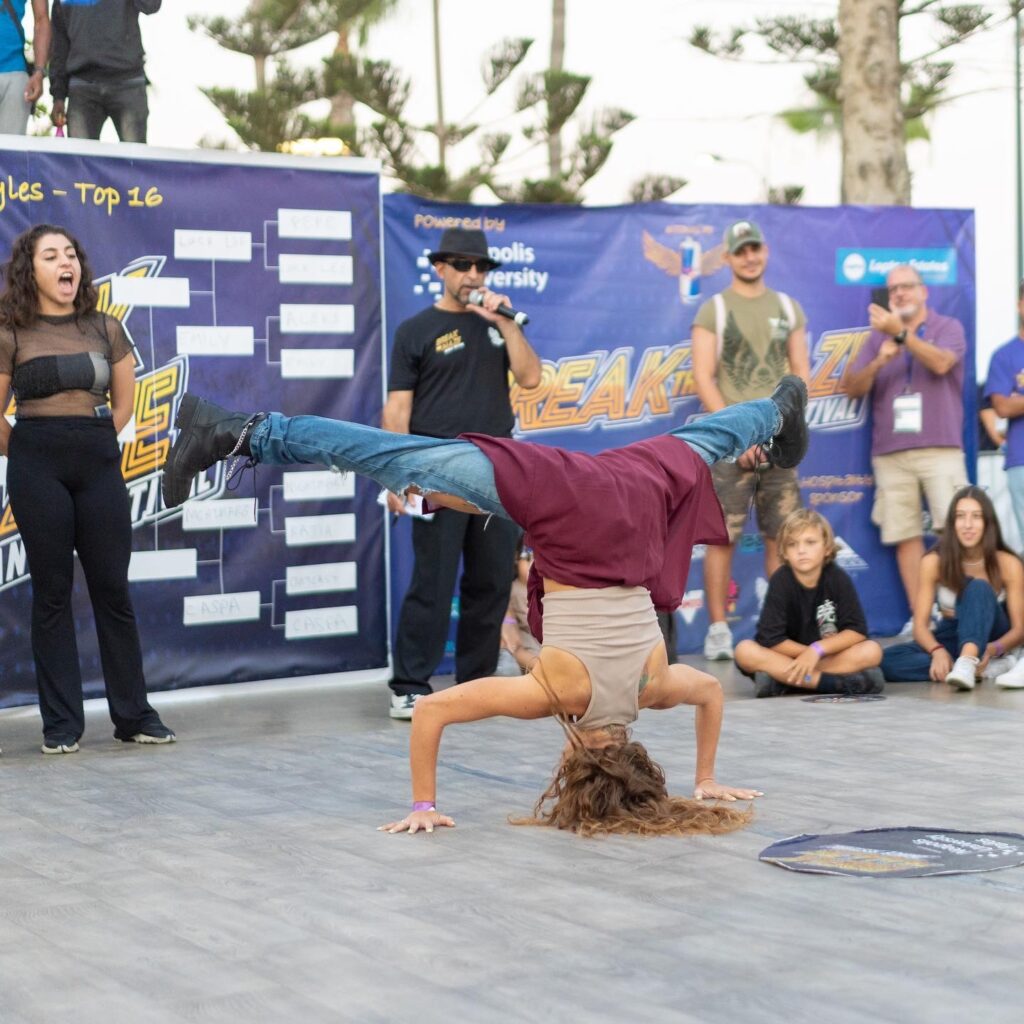
When did you decide to make dance your professional career?
After finishing up my applications to study law in the UK something didn’t feel right. I was never at ease and always contemplating whether this was the path I wanted to go forward with.
I remember the day that changed vividly. I was at the studio I took classes, Creativity Dance Studio and we had to freestyle, improvise. I had entered the cypher, did my thing and when I exited my coach then, Kiki Economou, had told me “You’re good, you should do something with dance”. I smiled and said thank you, but my heart and mind were racing. I finally knew that’s what I wanted to do. I finished class, my mother had picked me up, I told her and she said : Thank god, you figured it out.
Next day I started looking for Universities to study dance. I enrolled at the University of Nicosia and the journey began.
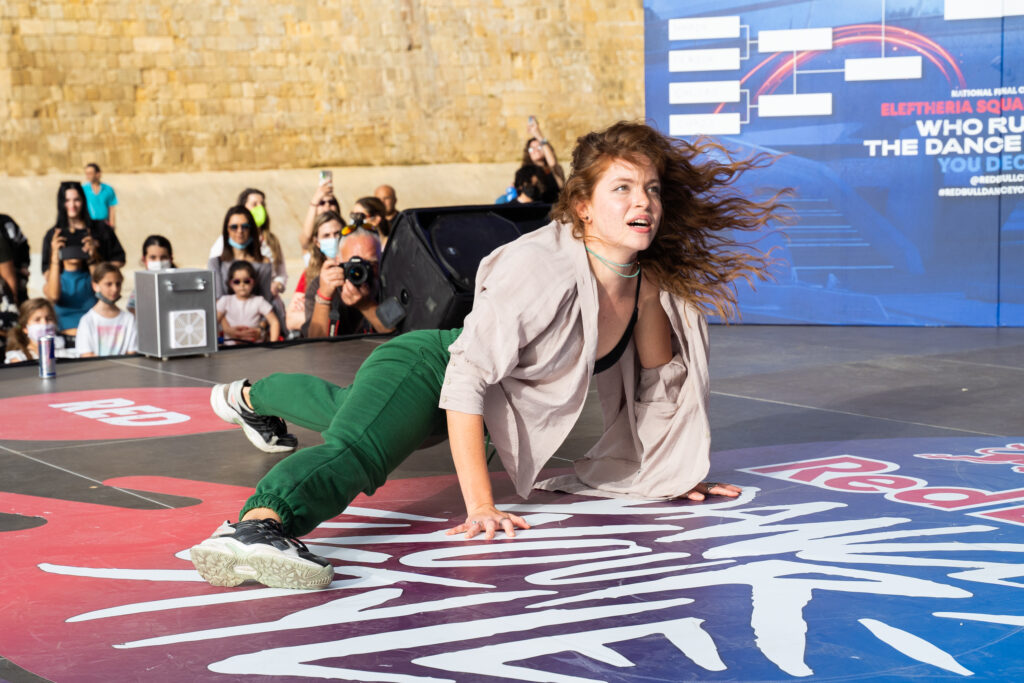
Do you have a favorite dance style?
My favourite dance styles, for the time being, are dancehall and contemporary. Style doesn’t matter, as long as you move and feel through it. I want to keep exploring. Maybe in a month, a year , it’s something else.
How is the dance scene in Cyprus and what could be done to improve the scene? Is it possible for dance artists in Cyprus to have a steady salary from hers/his work?
Tricky question. I’ve seen progression in the dance scene throughout the years, but not as much I would hope to and the level is improving, but it’s not at the pace where we can ‘keep up’ with things.
I could be satisfied; but I still see the potential of our island and its artists’, even the younger generations.
It’s up to every individual to be informed and constantly educating themselves in their field, seeking influences and motivation to keep working and creating. Travelling abroad, but bringing the knowledge back at some point, rather than completely giving up on the scene.
It’s not an easy one, I understand, and the scene doesn’t provide the necessary motives for artists’ to be doing so, but if not us, who?
Unfortunately, I don’t think it’s possible, since most of our work is project based and most artists’ work as freelancers, which doesn’t include a steady pay check. On the other hand, if one decided to go into teaching, its more steady.
I was really impressed by your recent trip to Jamaica! How did you decide to travel there twice?
I could write a whole book about Jamaica, I will try make it as short as possible.
One of the style I specialise in, dancehall, has its roots in Jamaica. For any dancer/teacher, that represents a style that doesn’t originate from their homeland, must travel to where it all started.
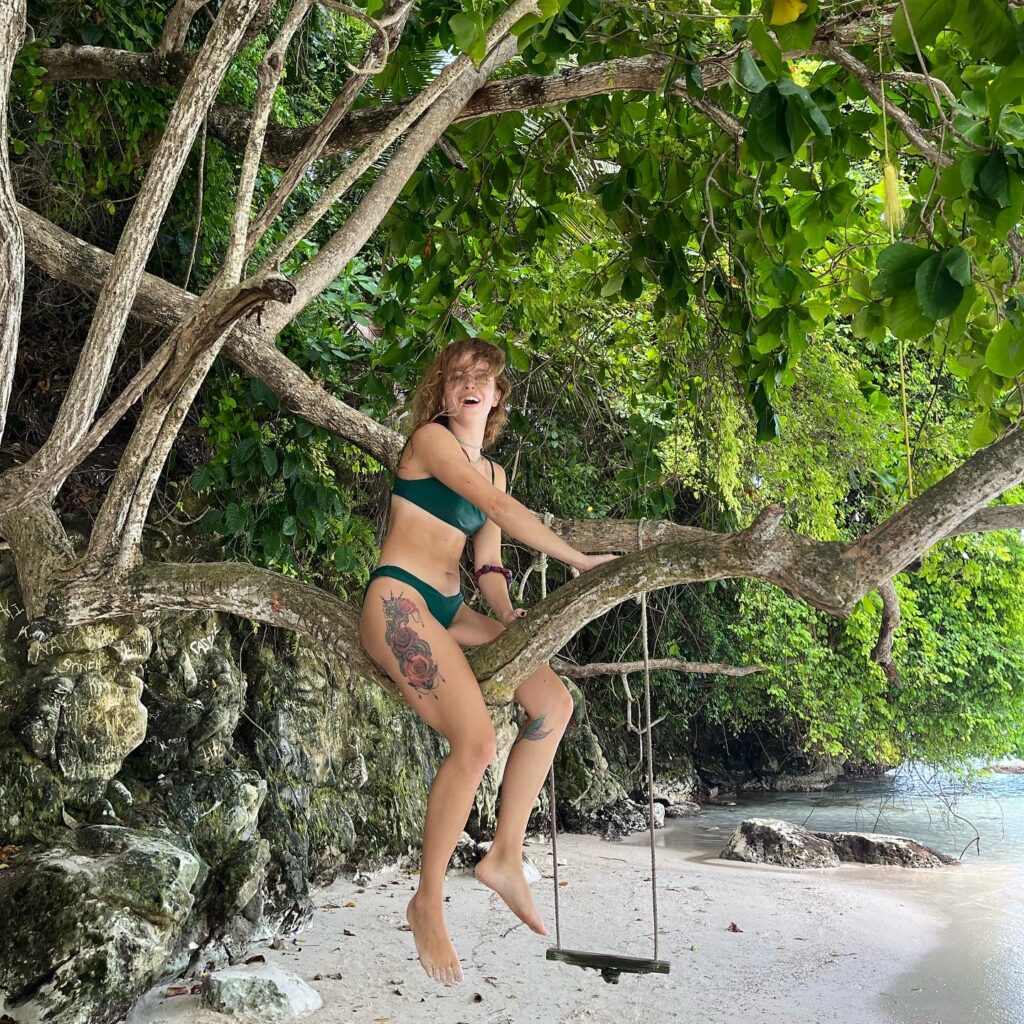
After taking classes in Cyprus and in camps around Europe, my friend/teacher Niovi Thoma, that had already been to Jamaica once, decided she was going again. That time, I joined her and my perception, as well as movement and energy, towards dancehall had changed.
For me, Jamaica is a place of knowledge, inspiration and motivation, so ideally, I wanted to visit as much as possible. Second time wasn’t any different than the first. I was still as amazed with the culture, the people, the food, music, dancing, parties like it was the first. If it was possible I would visit constantly but due to varying circumstances, it’s difficult, for now.
During our time there, I had made friends from Greece. We had travelled there together, but had only met online.
We made connections with many dancers in Jamaica, whom we had taken classes with and hung out either in parties or the camp we attended. We had even organised a workshop with a Jamaican dancer with our friends from Greece.
Jamaica was the birthplace of a lot of inspirations as well as lessons that are now imbedded in me.
One of the most important ones, which is also a famous saying in Jamaica ‘One love’. It basically sums everything up.
From all the performances you participated, which one is your favorite and why?
I can’t say I have a favourite one, as all of them have a place in my heart.
One that did stand out for me, was ‘This or That’ by Maria Kasapi; a site specific durational piece during the Summer Festival in Limassol. It stood out because its sole purpose of that performance was to spread love and joy at a time where it is needed. Seeing people receive it so openly and giving back made it so much more fulfilling.
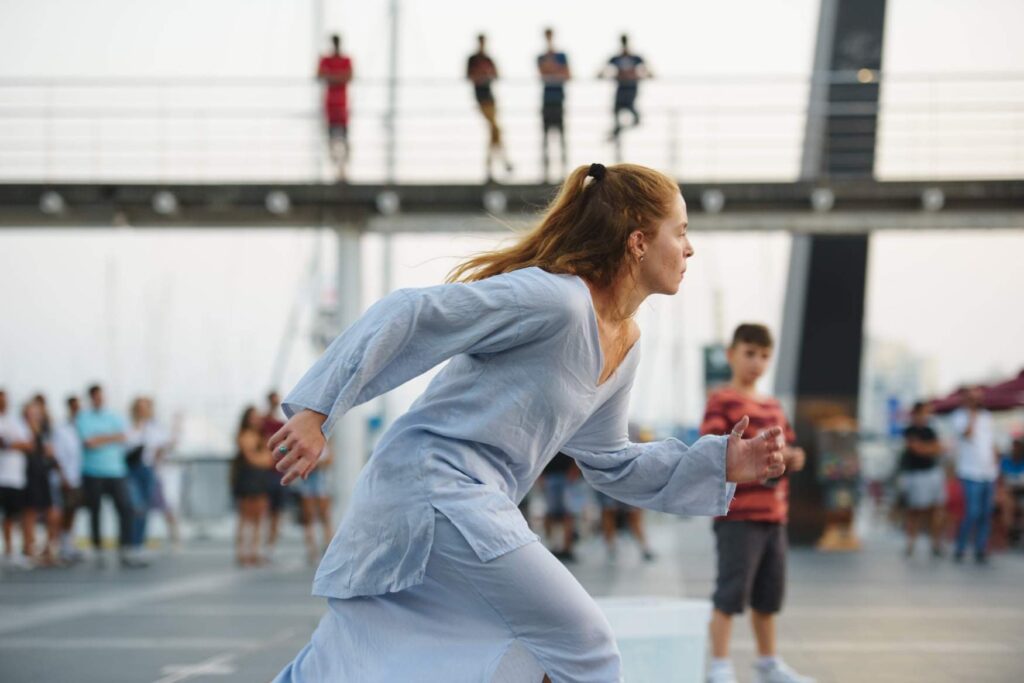
As an artist, is it important for you to have an impact in society with your work? To communicate a meaning to the audience with your work?
Part of why I became an artist was to be able to communicate things I didn’t feel comfortable articulating with words.
I would love for my work to have an impact; if I’m able to create work that gets through to at least one person, if they’re able to say “I feel it/her/this piece” then that means I achieved something.
Doesn’t have to be big, it just has to meaningful.
What is important for you to communicate with your work?
Feelings and energy.
Whether good or bad. Whether in contemporary or dancehall.
At least for the time being.

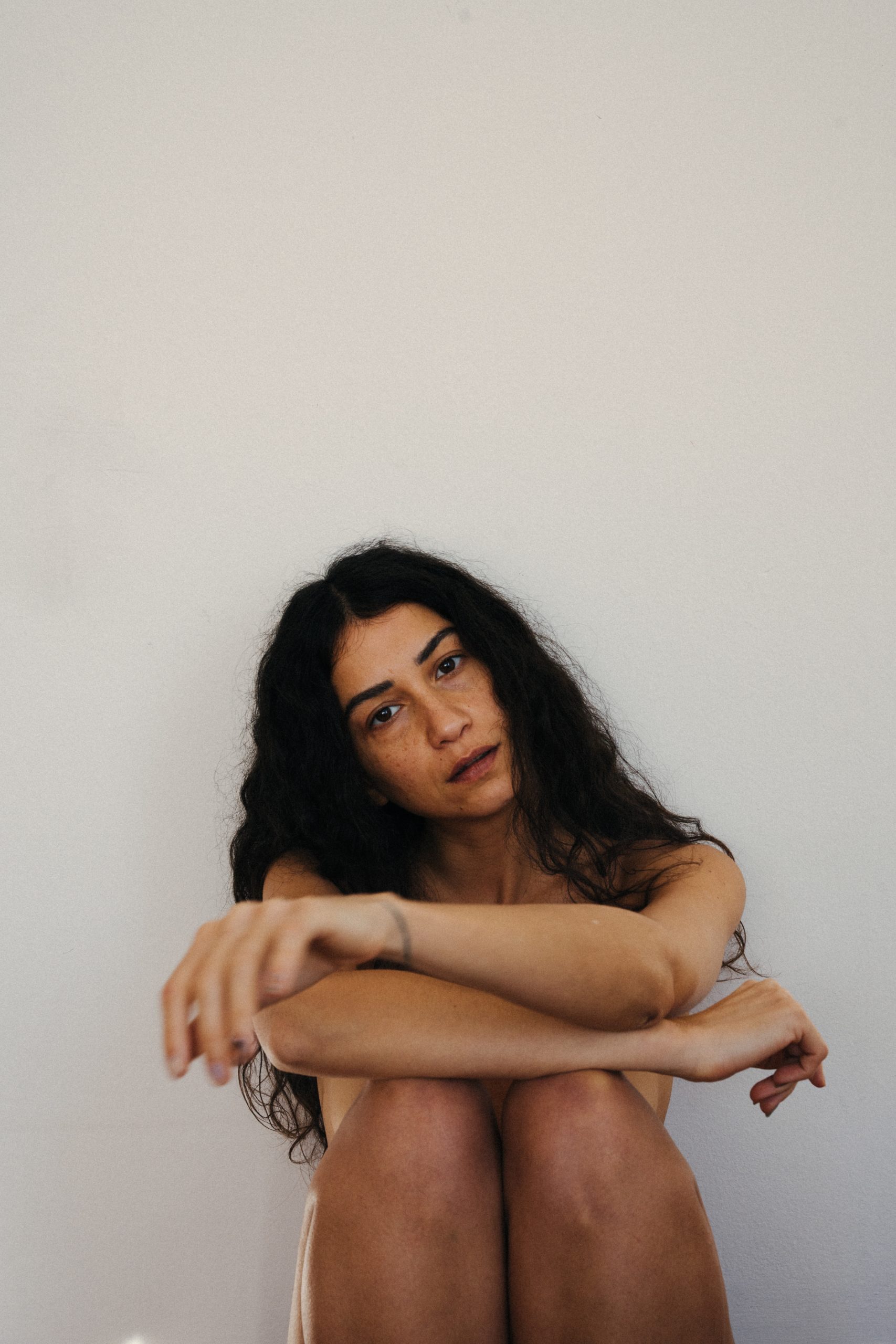
Leave a Reply